Numerous remarkable gaming systems have emerged over the years, yet a select few have left a profound impact on their players. The top-tier consoles redefined expectations upon their debut, introducing groundbreaking features and significantly advancing gameplay mechanics and graphics.
Due to the diverse eras in which these consoles were released, making direct comparisons between them can be challenging. While consoles generally boast increased power over time, the quality of the gaming experience hasn't necessarily progressed at the same pace. Just as one's manners define them, some argue that a console's worth is in its games, so assessing a system's library is crucial in determining the ultimate game console of all time.
1. PlayStation 2
With the multitude of exceptional gaming systems throughout history, singling out the greatest video game console is a daunting challenge. Yet, for its pivotal role in refining 3D gaming, vast game collection, and its multifunctionality as a DVD player, the PlayStation 2 manages to secure the top spot.
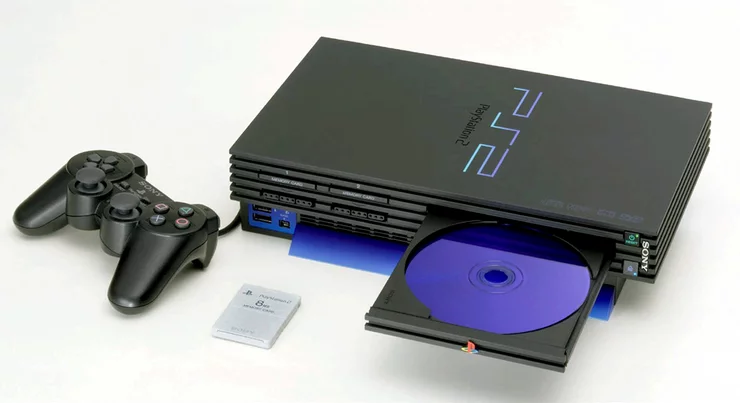
Debuting globally in 2000, the PS2 significantly overshadowed its competitors, outselling the GameCube by over sevenfold and driving Sega out of the home console market entirely, ultimately becoming the best-selling video game console ever. Its extensive game library catered to a wide audience, boasting over 50 games rated 90+ on Metacritic.
2. SNES
Most top-tier gaming consoles brought in innovative features, but the Super Nintendo didn't particularly stand out in this aspect. While the SNES was notably advanced upon its release, it's challenging to pinpoint a unique trait that set it apart from its rivals. However, what it did offer, it executed exceptionally well.
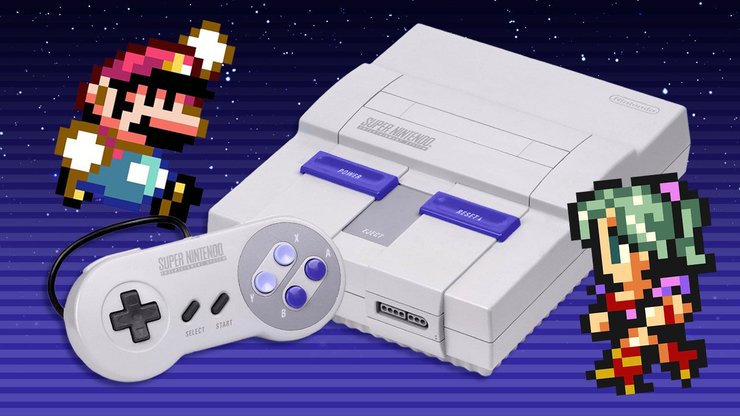
The SNES represented one of the final major home consoles specialized in 2D gaming, where developers had perfected this art by the mid-1990s. Consequently, the system's game collection showcased some of the most outstanding RPGs ever created, along with delivering top-notch 2D editions of significant Nintendo franchises.
3. Game Boy
In the 1960s and 1970s, the idea of portable gaming seemed like a distant fantasy. Various companies endeavored to create their own handheld consoles, but it was Nintendo that ultimately succeeded in the late 1980s. The resulting console and its subsequent iterations would go on to dominate the market for years to come.
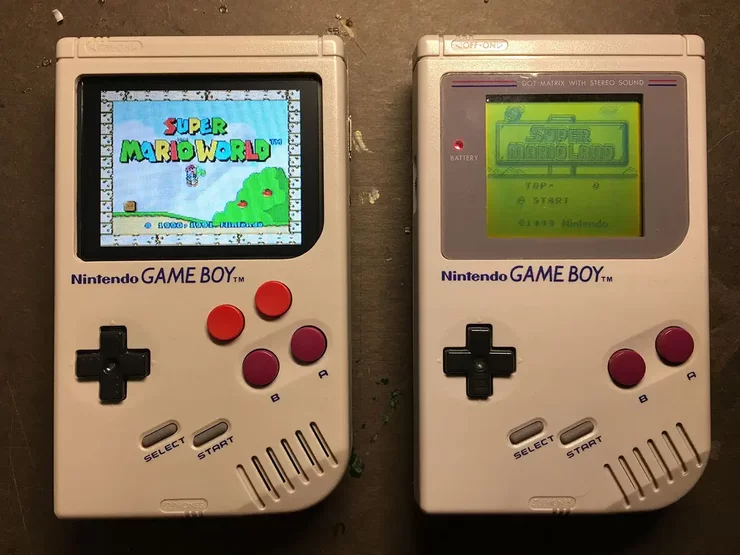
Numerous competitors emerged over time, yet none could come close to matching the success. Remarkably, the original Game Boy and its Pocket variant outsold the combined units of the Atari Lynx, Sega Game Gear, and TurboExpress by more than four times. This system set the groundwork for future Nintendo handhelds, with the GBA, DS, and even the Switch owing a significant portion of their triumph to the original Game Boy.
4. Dreamcast
Repeated often, the Dreamcast stood as a console far ahead of its era. It marked the initial home console to master online gaming and experimented with motion controls in various games. While its game collection might not have been extensive, it boasted numerous titles that set the standard for their genres, like SoulCalibur, Skies of Arcadia, and Yu Suzuki's Shenmue.
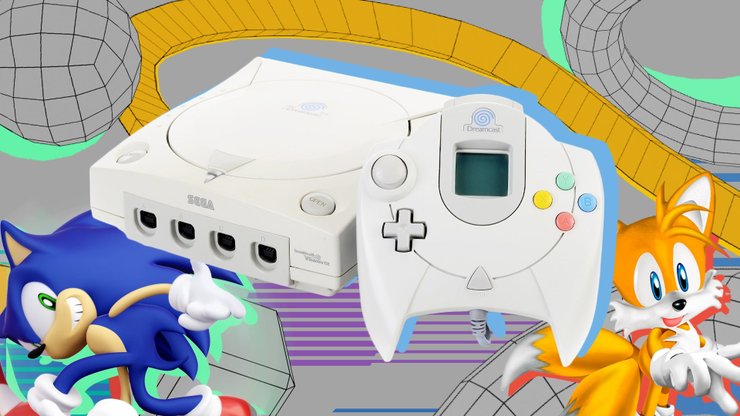
Tragically, the Dreamcast faced an inevitable downfall from its inception. Sega's prior decision to abandon the Saturn and numerous Genesis add-ons eroded the trust of gamers and third-party developers alike. Additionally, the console's vulnerability to piracy without modifications exacerbated its challenges. Ultimately, it was the release of the PS2 that sealed the fate of the Dreamcast.
5. Nintendo Switch
For years, handheld and home consoles were distinct entities until the Nintendo Switch altered this perception. Merging the potency of a modest home console with the mobility of a handheld device, the Switch mesmerized gamers worldwide, positioning itself as a potential contender for the title of the best-selling video game console ever.
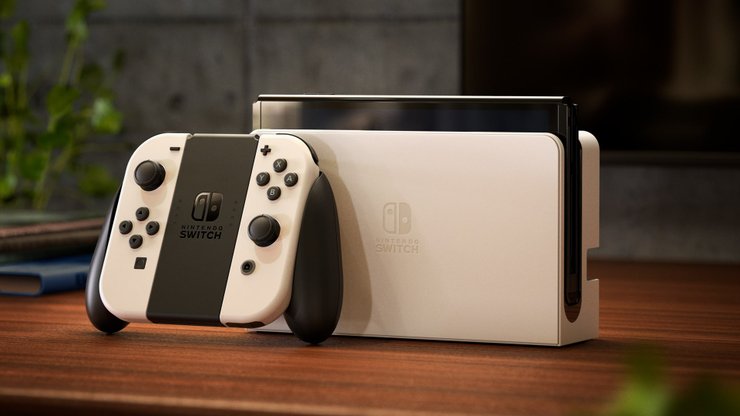
This newfound versatility coupled with an extensive array of exceptional first-party games explains the widespread adoption of the Switch. While its limitations in power and substandard online features slightly hinder the system, its affordability and convenience make these drawbacks relatively easy to dismiss.
6. PlayStation
The PlayStation's arrival surprised many, yet it was the culmination of years of development. Sony had collaborated with Nintendo on a disc-based system, initially named the Nintendo PlayStation, but eventually ventured solo. The shift from cartridges to discs by the PS1 granted developers greater creative freedom, prompting several major franchises to transition platforms.
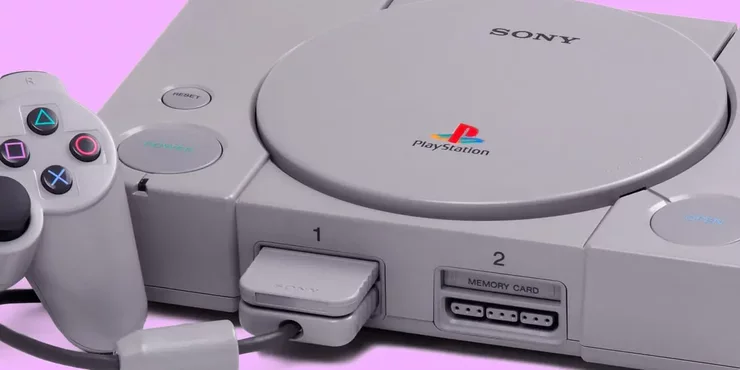
Distinct from Sega and Nintendo, each with a primary mascot, the PlayStation boasted multiple icons. Characters like Lara Croft, Crash Bandicoot, and Spyro the Dragon became synonymous with the PS1. While the transition from 2D to 3D faced challenges, the PS1 pioneered this shift, solidifying its status as one of the greatest video game consoles in history.
7. Atari 2600
The Atari 2600 set the stage for the home console market, but it was the Nintendo Entertainment System that revitalized it post the 1983 video game crash. Known as the Famicom in Japan, the NES brought beloved arcade characters like Mario and Donkey Kong into households, while also introducing enduring franchises such as The Legend of Zelda, Metroid, and Final Fantasy.
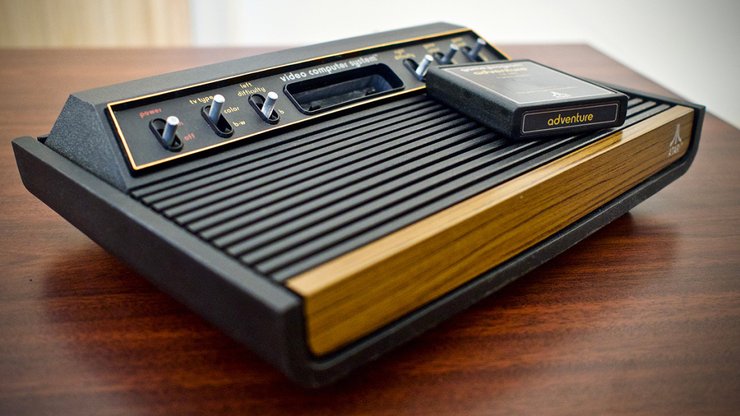
While relatively basic compared to today's standards, the NES stood as an impressive piece of hardware in the 1980s. Although it didn't match the visual prowess of the era's top arcade cabinets, its exceptional collection of games tailored for extended play sessions propelled its sales into the millions, setting the groundwork for future advancements.
8. Xbox
Launching more than a year and a half after the PS2, the original Xbox faced an uphill battle to catch up. However, Microsoft seemed to learn from this experience and chose to unveil its successor almost a full year ahead of the PS3. This head start and the PS3's relatively high launch price contributed to many viewing the 360 as the champion of the seventh-generation console race.
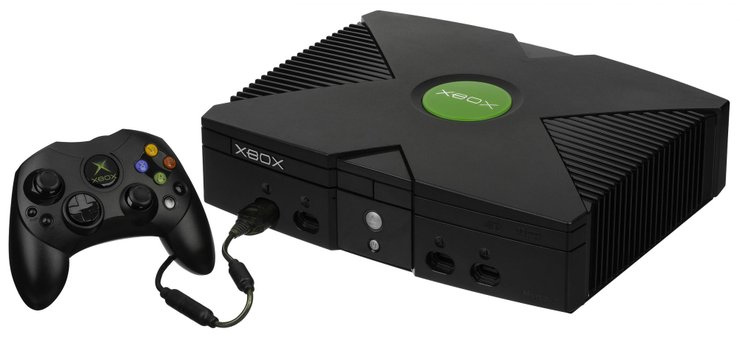
Continuing its strategy of emphasizing exclusive titles, Microsoft propelled console sales worldwide with games like Forza, Gears of War, and Halo. Despite the Xbox 360's issue with the notorious "red ring of death" hardware flaw and the PS3 gaining momentum toward the end of its lifecycle, the 360's impressive game lineup and exceptional online gaming implementation ultimately ensured its dominance in the Western markets.
>>> Read more: 10 Military Shooter Games With Realistic Gameplay
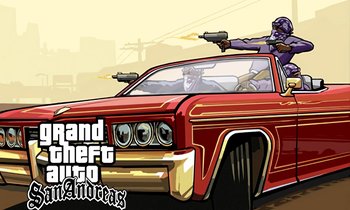









Comments